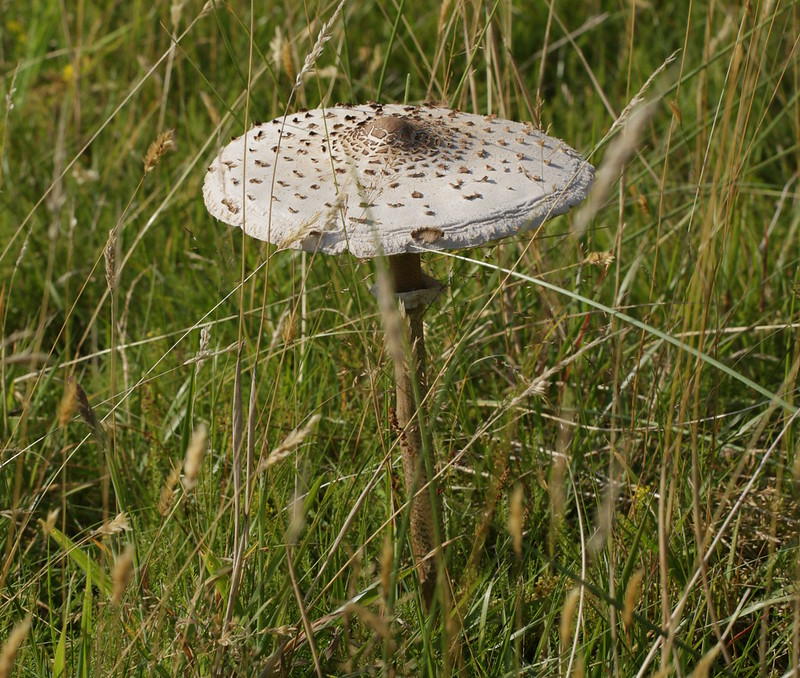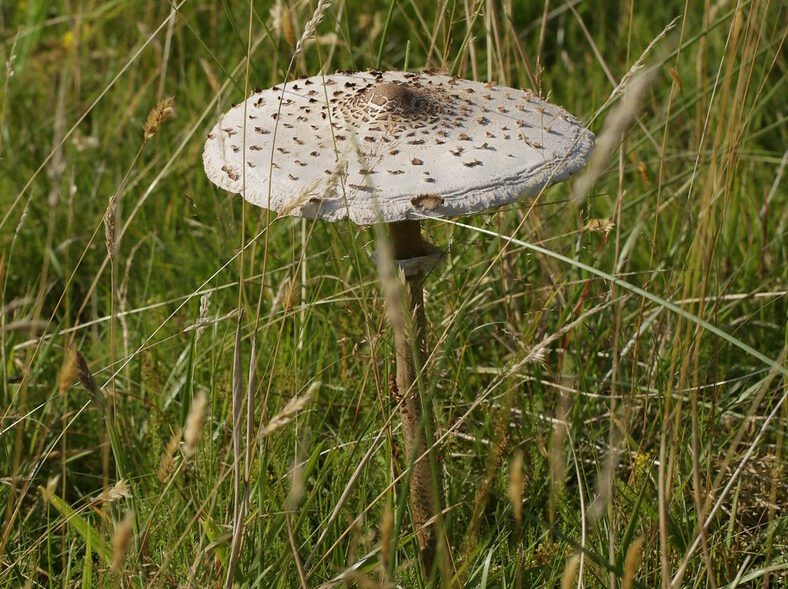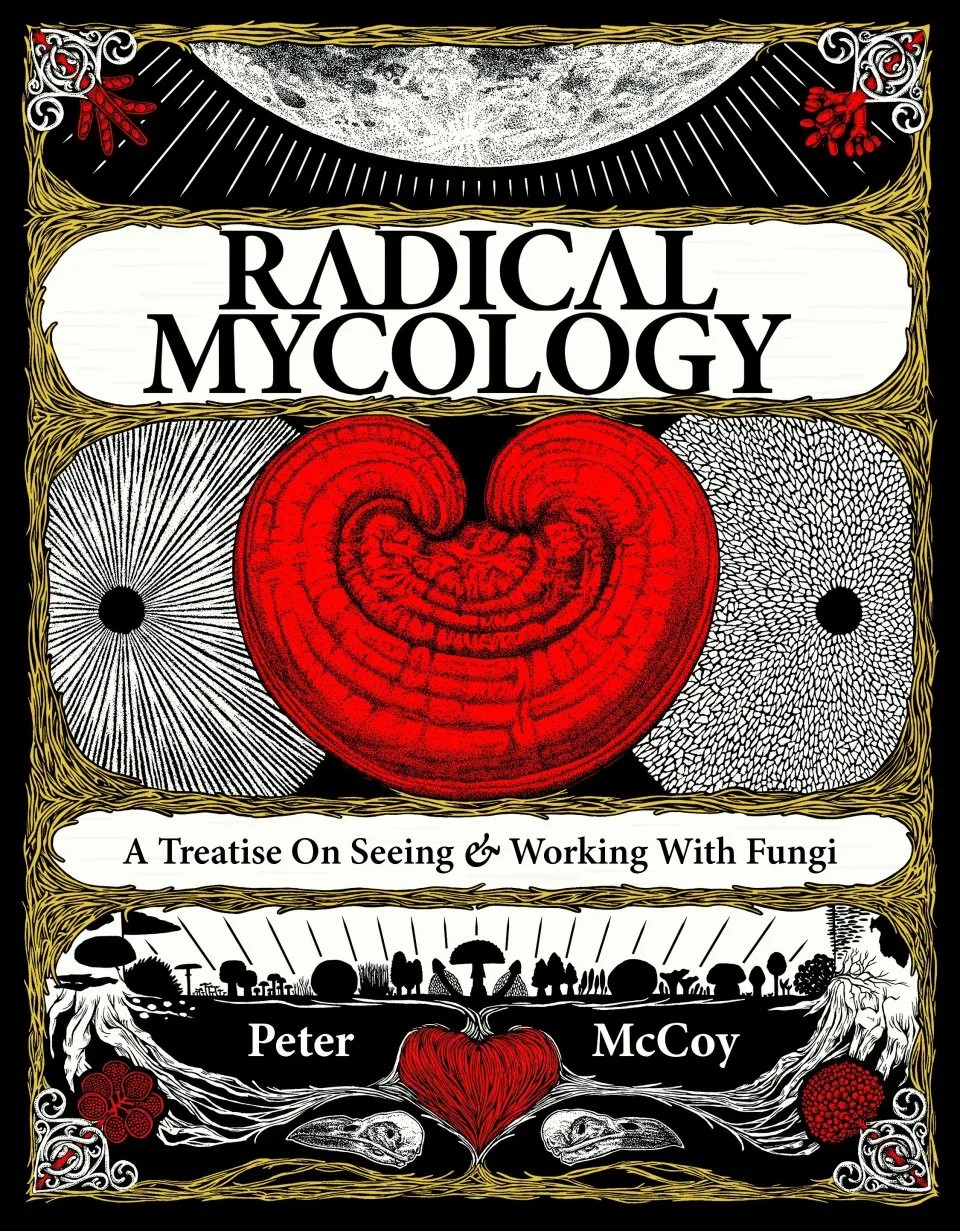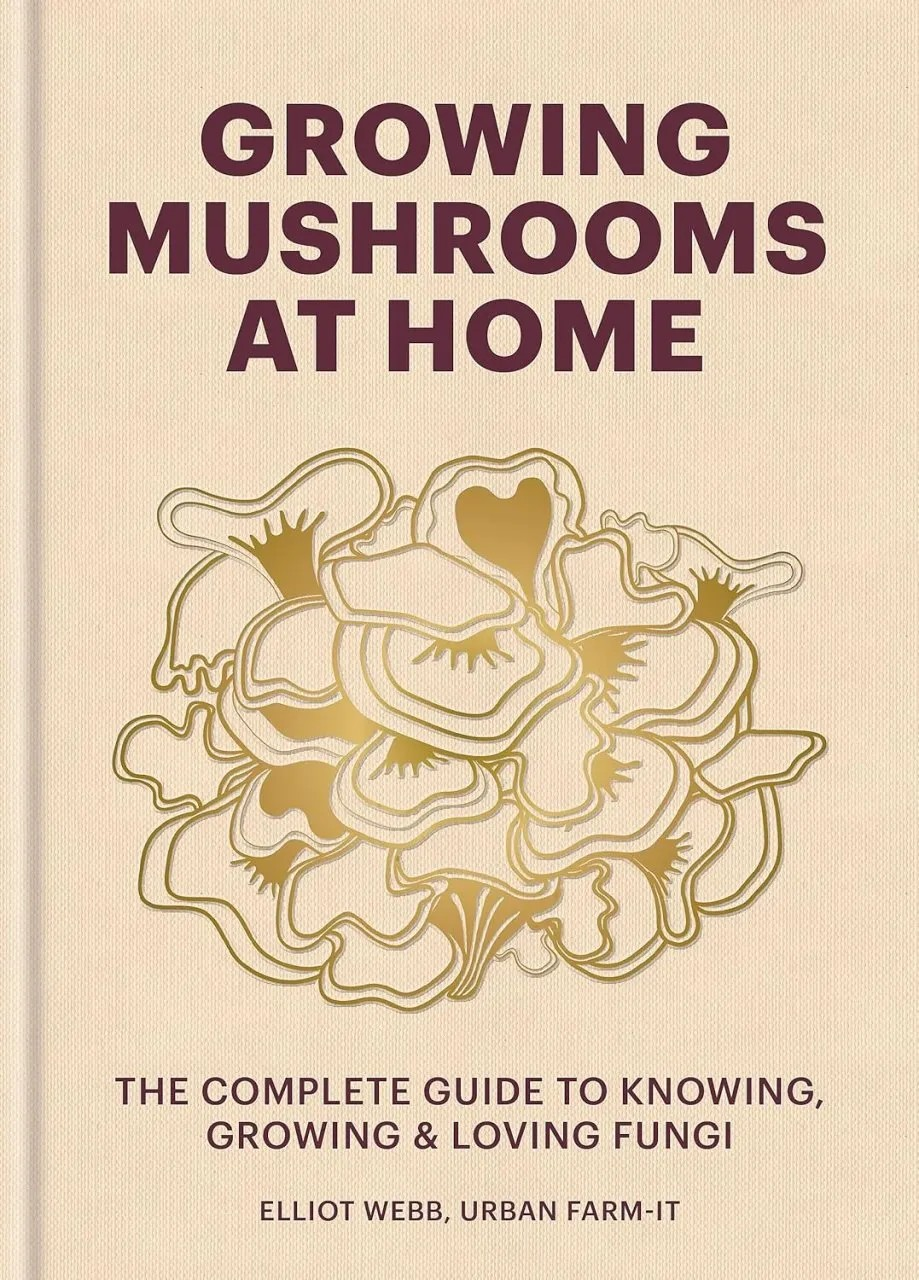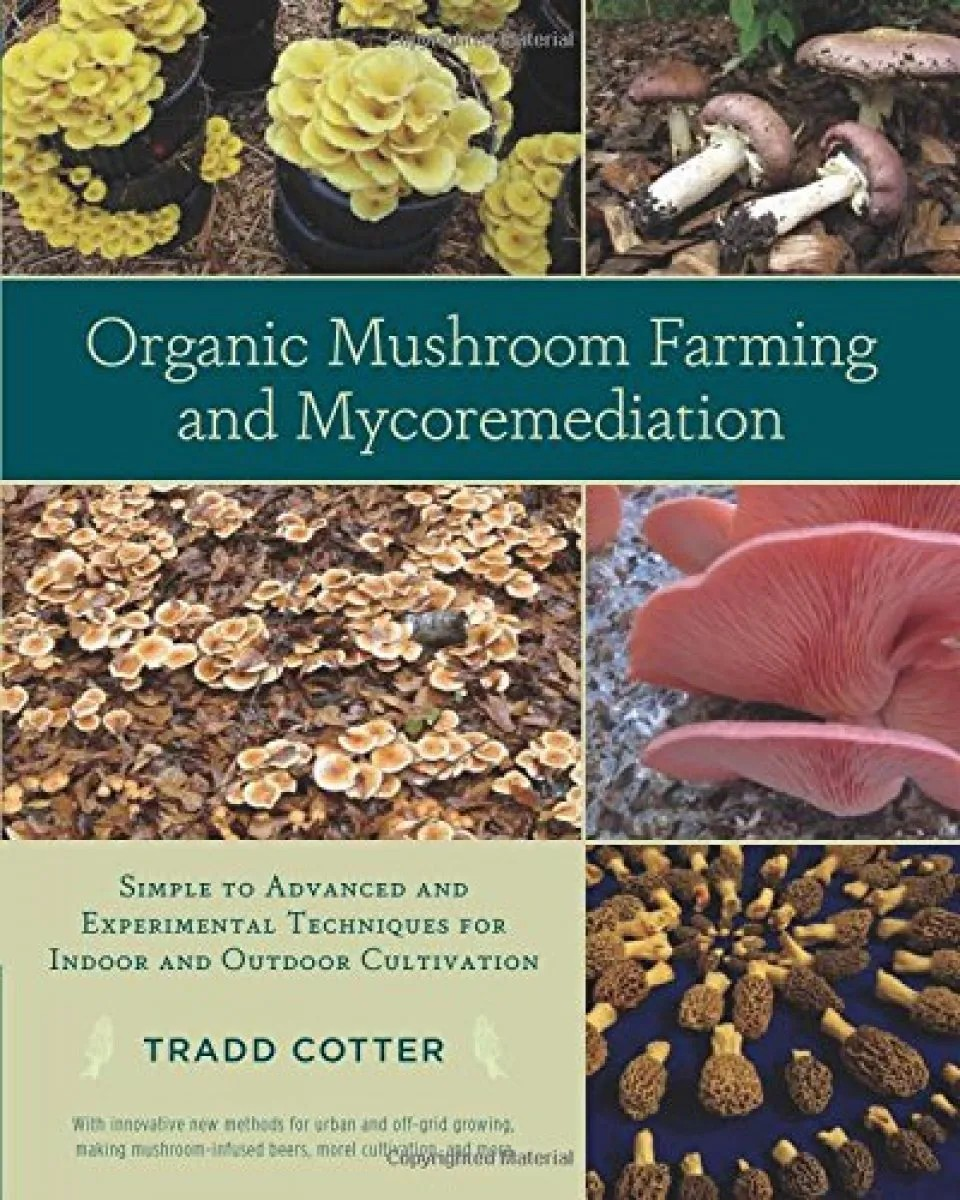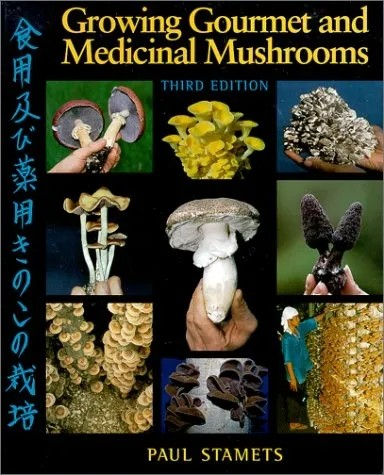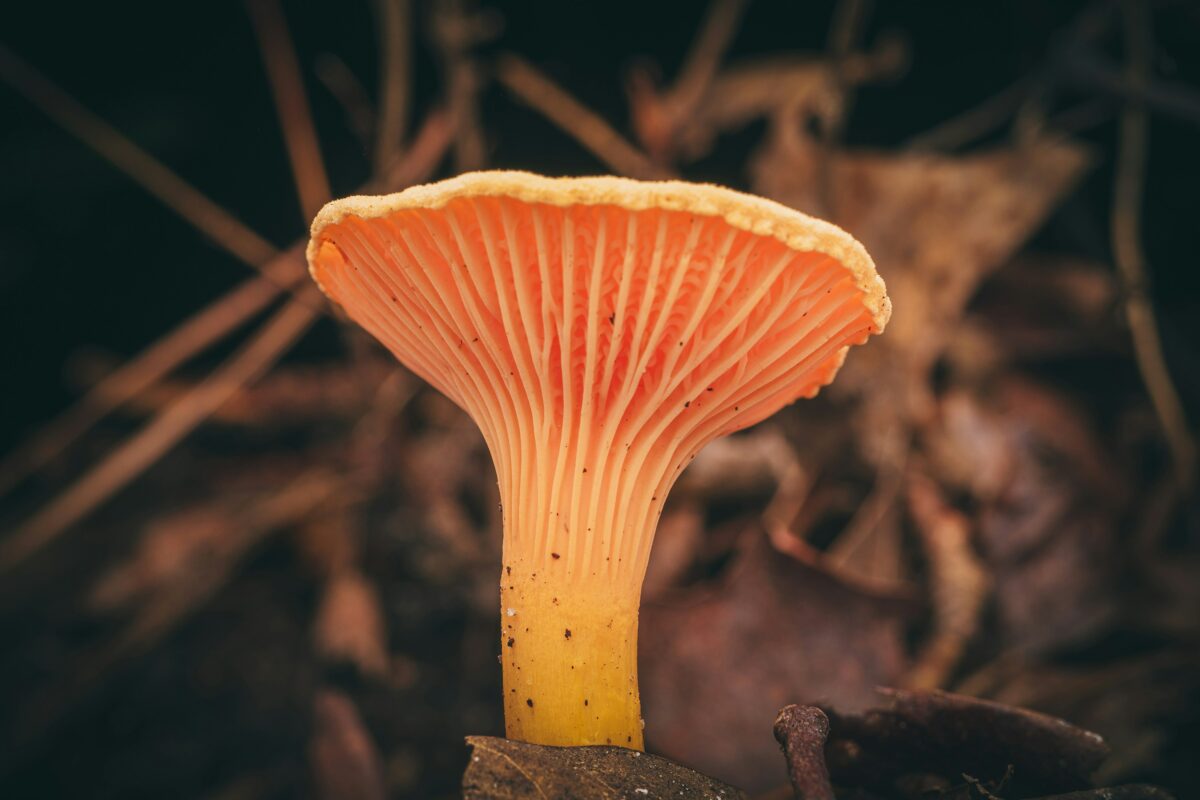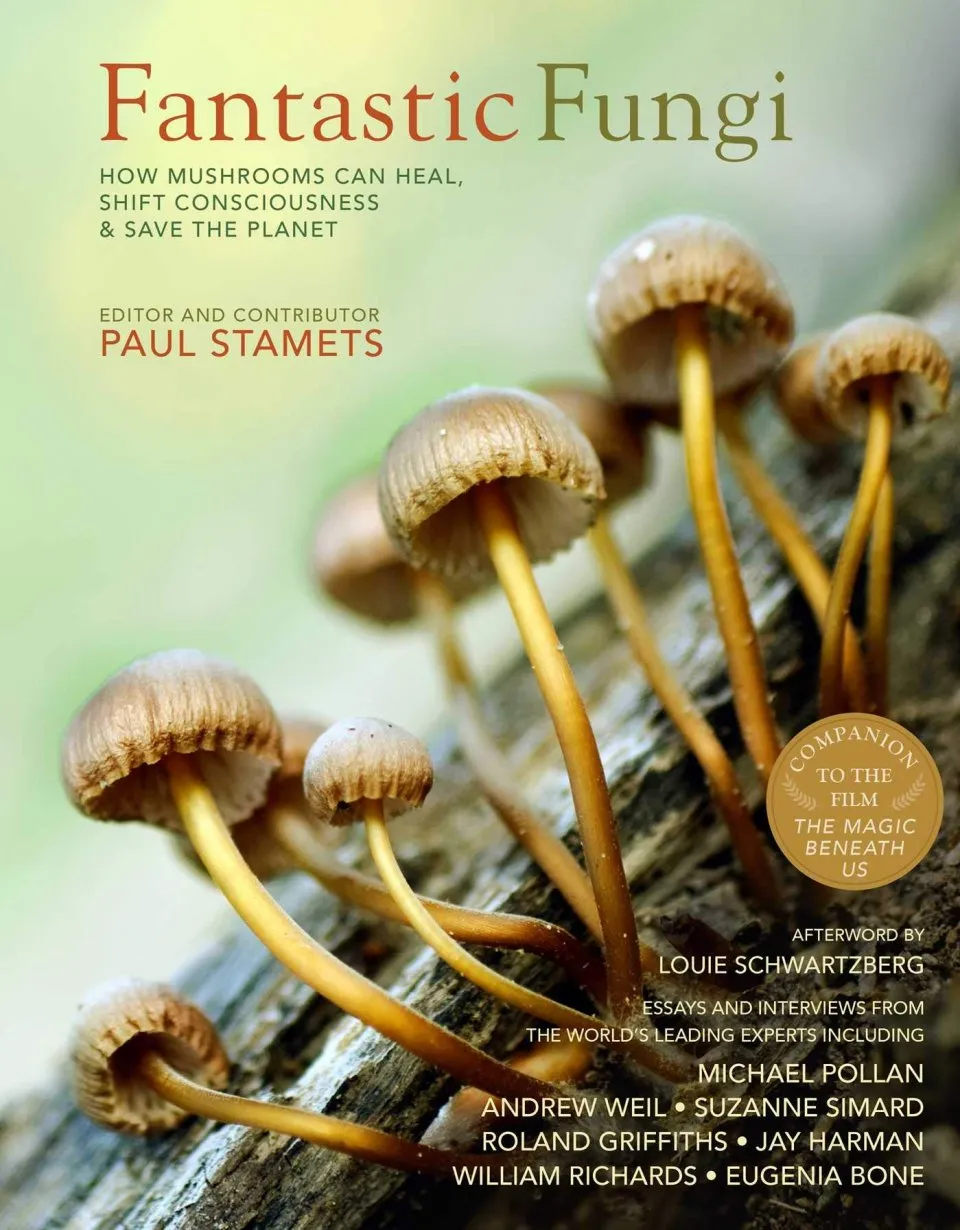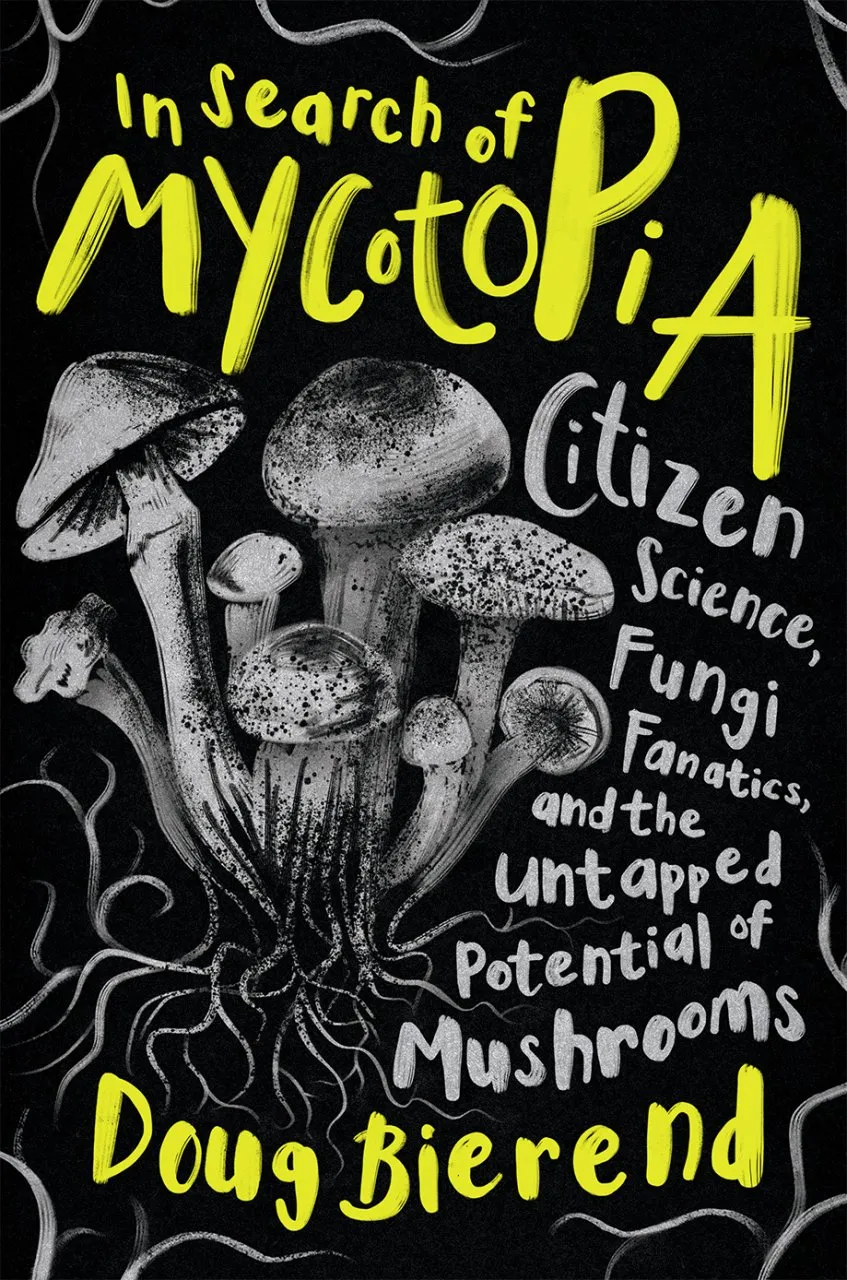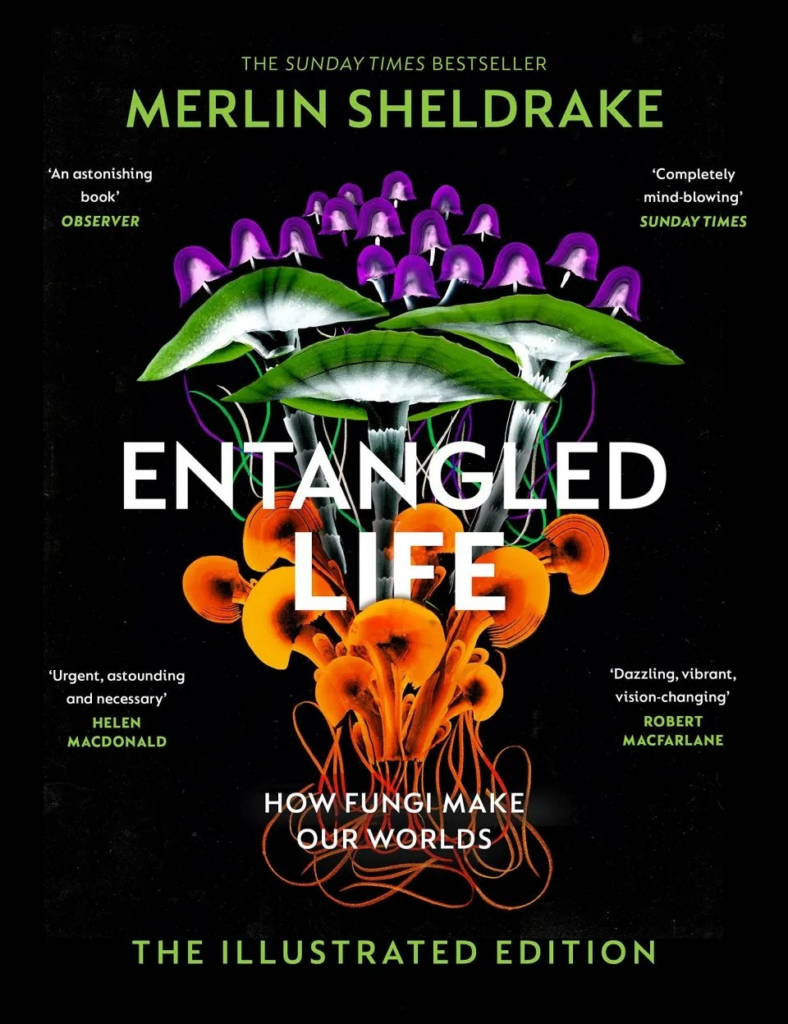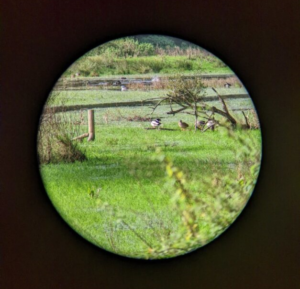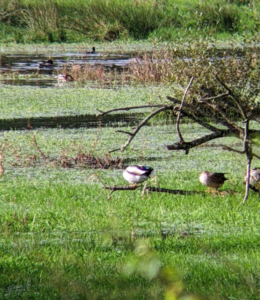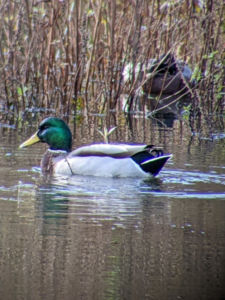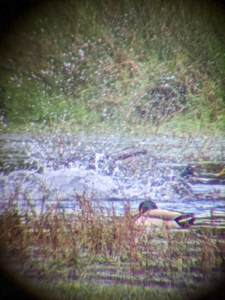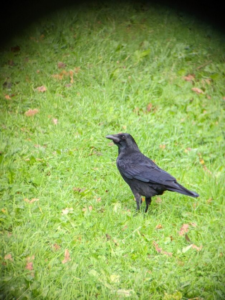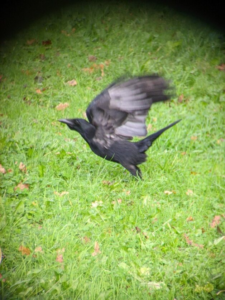UK Fungus Day is an annual celebration of all things fungi, organised by the British Mycological Society. The day invites people to get involved and learn more about the world of fungi through interactive events, online resources and institutions. We were lucky to speak to Professor Mark Ramsdale, about what makes UK Fungus Day and UK mycology so important.
Mark is chair of the BMS Fungal Education and Outreach Committee and head of training at the Medical Research Council Centre for Medical Mycology at the University of Exeter.
 Can you tell us how the British Mycological Society began and what its mission is today?
Can you tell us how the British Mycological Society began and what its mission is today?
The British Mycological Society was first active in the late 1800s, when small groups of naturalists began organising “forays among the funguses” to explore and record fungi. What began as a shared passion soon became a learned society, dedicated to advancing fungal biology, supporting research, and encouraging collaboration between scientists and enthusiasts. Today, the BMS is a community for professional and amateur mycologists and enthusiasts. It is one of the major mycological societies in the world, committed to promoting cutting-edge scientific research, fungal conservation and species recording and the provision of educational resources.
Read more about the history of BMS here
And about the society’s current strategic aims here
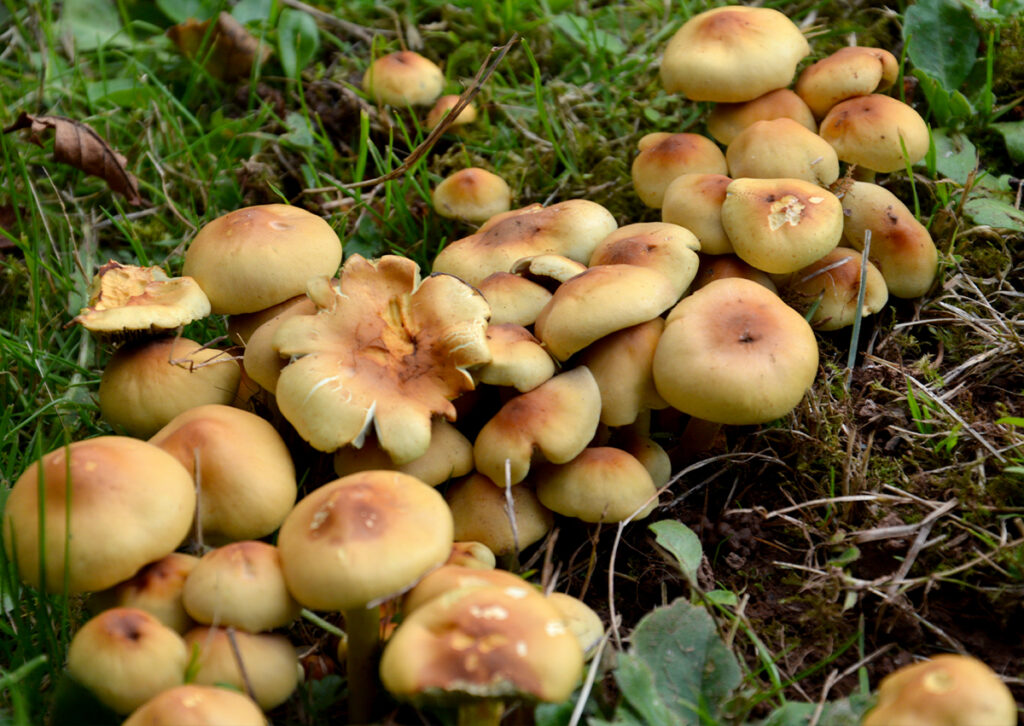
UK Fungus Day has been running for over a decade. What impact have you seen it make so far, and where would you like to see it go next?
UK Fungus Day has had a huge impact over the past decade, both in raising public awareness and in shaping how fungi are perceived. When it began, fungi were often seen as a niche interest. Now, thanks to the coordinated outreach, school activities, citizen science projects, and media coverage that UK Fungus Day generates each year, there’s a much greater recognition of the vital role of fungi in ecosystems, climate regulation, and even human health.
One of the biggest shifts I’ve noticed is how fungi (funga) are now being celebrated alongside plants (flora) and animals (fauna) and included in biodiversity conversations. More schools, community groups, and nature reserves are running fungus-focused events, and citizen scientists are contributing valuable records that inform policy development and strengthen fungal conservation efforts. The event has also helped inspire the next generation of mycologists by making fungi approachable, fascinating, and fun to learn about.
Looking ahead, I’d like to see UK Fungus Day expand its reach even further, engaging even more with sectors such as food, medicine, art, sustainability and technology – to show just how interconnected fungi are with our lives, and why fungal research is so important.
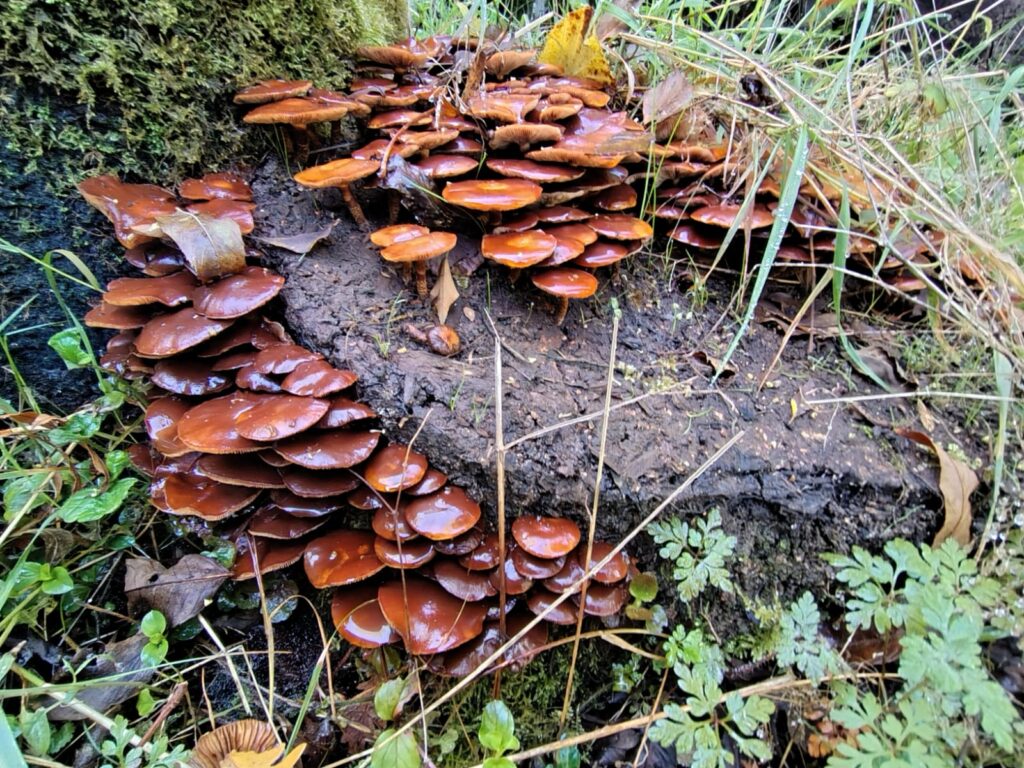
What are the best ways for people to get involved with UK Fungus Day and mycology as a whole?
There’s so much going on! Whether you’re a complete beginner or an experienced mycologist, you can join local fungus walks and forays, take part in citizen science projects like “Find-a-Fungus” on iNaturalist, or explore fungi creatively through school and community initiatives such as “Fungi Connect”. There are also talks, festivals, workshops, and exhibitions, taking place all over the UK. Or, you can simply head outdoors to photograph and learn about fungi in your own neighbourhood. The UK Fungus Day website features blogs on a range of fungus-focused topics; there’s also poetry and videos of past talks and presentations on YouTube @BritmycolsocOrgUk. However you take part, UK Fungus Day is all about discovery, and helping to grow our understanding of the fungal world.
Explore everything on offer here
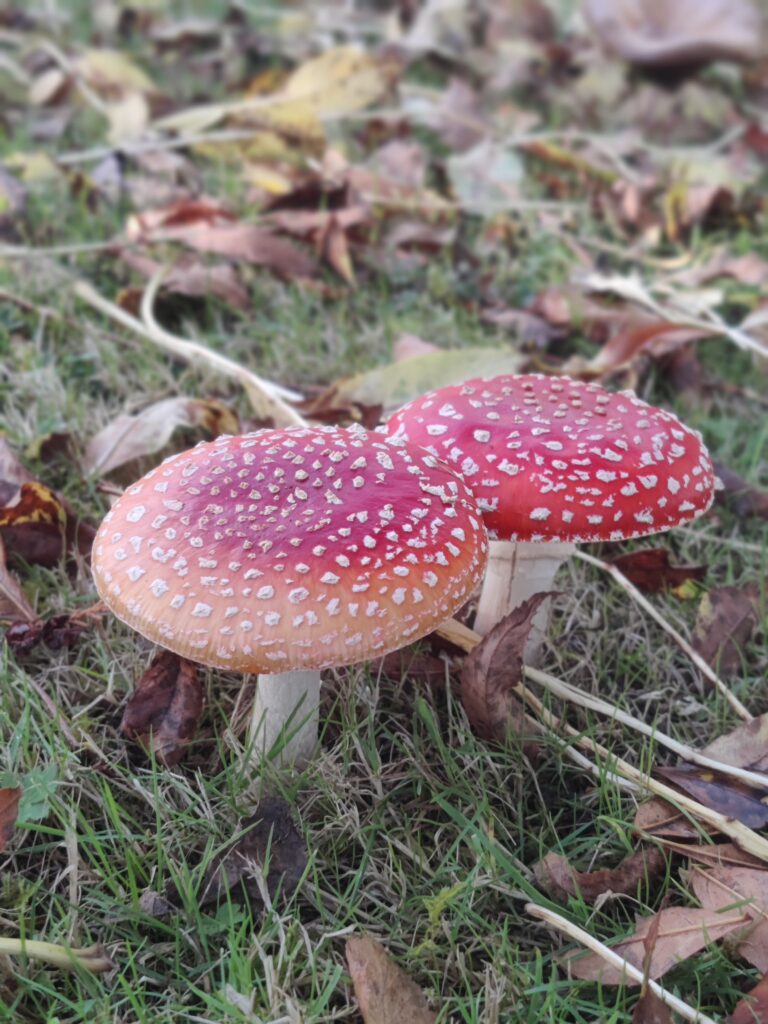
Mycology appears to be gaining greater appreciation in popular science with more media, books and ID guides being written each year. Some even reaching best seller status. Why do you think this is, and do you hope to see even more coming from the discipline?
Fungi are certainly receiving more attention in popular science media now, and I think this is down to several converging factors. For a long time, fungi were a “forgotten kingdom” compared with plants and animals so they have not been on people’s radars, yet they clearly underpin many key processes. Increasingly, public interest in climate change, biodiversity loss, and sustainability has brought fungi into the spotlight because they are powerful agents of change.
Fungi have always inspired creative artists, and it is not hard to see why. Their biology is full of surprising and often unfamiliar elements: hidden mycelial networks that connect life underground, fruitbodies that mysteriously appear overnight, and species that can adapt their shapes in response to their environment. So, in terms of both popular science and science fiction, their unusual strategies of growth, survival, and reproduction lend fungi an aura of mystery that fuels the imagination. For many, they offer metaphors hinting at hidden connections, transformation, resilience, renewal and decay – concepts that resonate throughout storytelling and art.
It may also simply be that the extraordinary colours, forms and versatility makes them visually compelling subjects. Writers, filmmakers, and field biologists have all recognised this, producing books, documentaries, and field guides.
This cultural shift and growing awareness translate into greater public engagement, fuelling a desire for people to join fungal forays, learn identification skills, and contribute to citizen science recording schemes. As a professional mycologist, it is hugely encouraging: broader awareness of fungi feeds into conservation priorities, medical and agricultural research, and a deeper appreciation of biodiversity as a whole. I absolutely hope the momentum continues. Mycology still has countless stories to tell, and the public appetite is clearly there for more inspiring works.
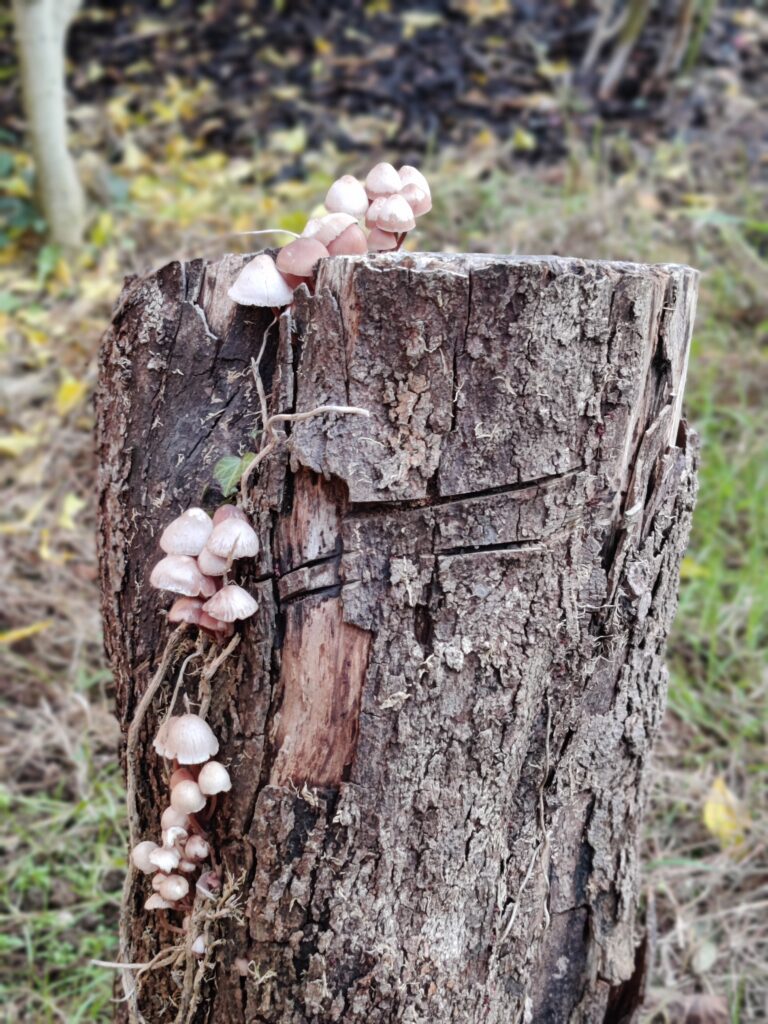
What developments in mycology are you most excited about right now, and what are your hopes for the field in the future?
I’m particularly excited by the growing recognition of fungi in conservation. In the UK, species such as Waxcaps and wood-decay fungi are finally being acknowledged for their global importance, especially in ancient grasslands and forests. Protecting these ecosystems means protecting the fungi that underpin them.
At the same time, research is giving us unprecedented insight into the fundamental biology of fungi. We are beginning to unravel the molecular mechanisms that control fungal growth and development, yet there are still huge gaps in our knowledge – especially around how fungi interact with one another and how they organise into complex multicellular structures.
From a medical perspective, advances in our understanding of how fungi interact with the immune system are particularly exciting. We now know that the immune response to fungi is much more dynamic and nuanced than previously thought, and that we can use this to our advantage in treatment patients with fungal infections. On top of this, the recent discovery that some fungi host intracellular bacterial parasites which can alter their susceptibility to antifungal drugs opens up entirely new avenues for treatment of human fungal diseases.
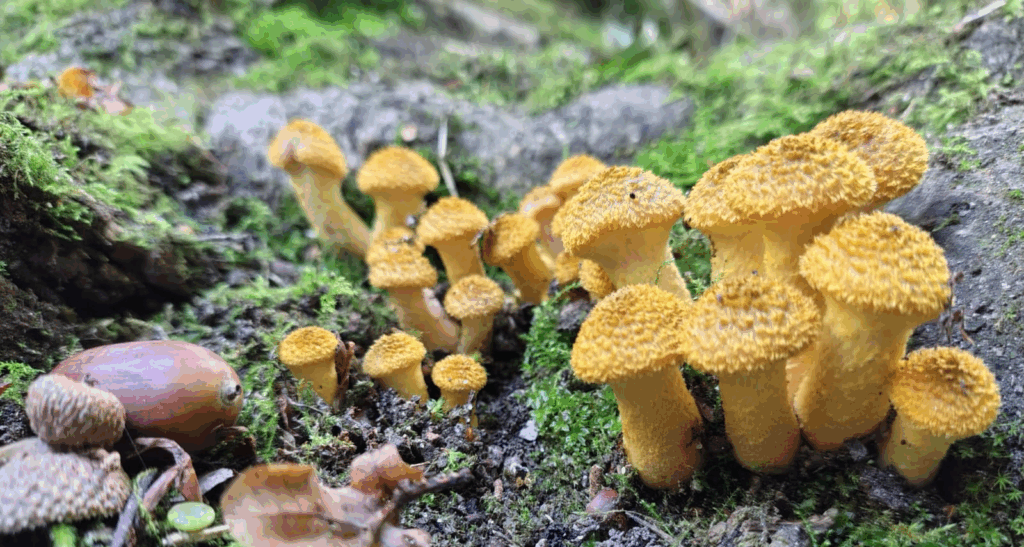
What books would you recommend for someone just starting out in mycology? Similarly, what would you suggest for readers wanting to explore the subject further?
There are many excellent books to choose from and different reasons to look at them…
For field identification
Geoffrey Kibby (2017-2024): Mushrooms and Toadstools of Britain & Europe (Vols 1 to 4)
Thomas Laessoe and Jens Petersen (2019): Fungi of Temperate Europe (Vol 1 and 2)
For stories and insights into fungal biology
Jassy Drakulic (2024): Fungi for Gardeners (RHS)
Merlin Sheldrake (2020) Entangled Life: How Fungi Make Our Worlds, Change Our Minds and Shape Our Futures
Nicholas Money (2024): Molds, Mushrooms and Medicines
Richard Fortey (2024): Close Encounters of the Fungal Kind – In Pursuit of Remarkable Mushrooms
Pat O’Reilly (2011): Fascinated by Fungi. Exploring the History, Mystery, Facts and Fiction of the Underworld Kingdom of Mushrooms
For younger readers with curiosity
Lynne Boddy and Ali Ashby (2023): Fungi – Discover the Science and Secrets Behind the World of Mushrooms
William Brown (2023-2025): Fungalphabet – The ABC’s of Fungi (and the more recent books in this series).


